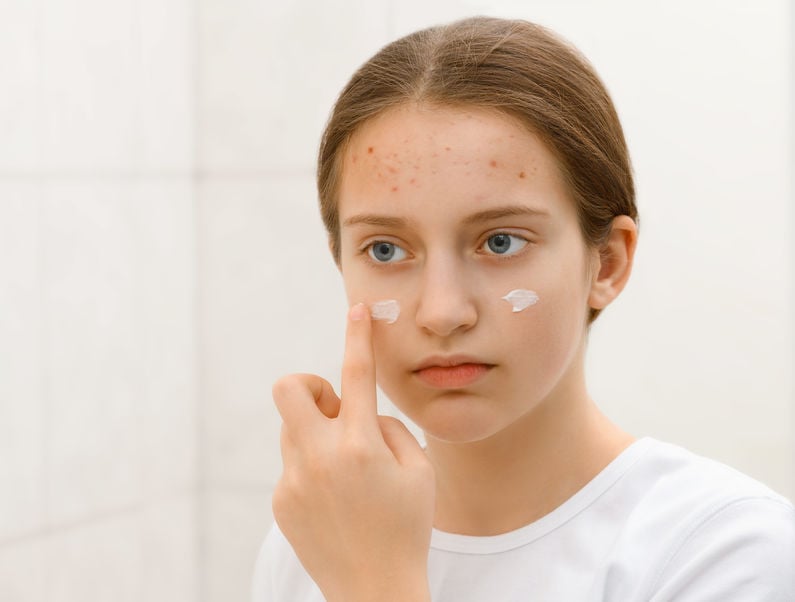Sunscreen Is Nonnegotiable
To keep the skin protected from the sun, a good sunscreen is a crucial component of a skincare routine. The importance of sunscreen in daily routines goes beyond mere sunburn prevention. Applying sunscreen effectively shields the skin from harmful ultraviolet (UV) rays, making sunscreen a vital tool for overall skin health.

The threat of UV
Ultraviolet rays, including UVB and UVA, pose significant threats to skin health. While UVB rays burn the superficial layers of the skin, UVA rays penetrate deeper, damaging cells, causing premature aging, and raising the risks of skin cancer. The correct application of sunscreen forms a protective shield, reducing exposure to harmful rays.
The many benefits of sunscreen
By impeding UVA rays, sunscreen helps reduce wrinkles, fine lines, and other signs of premature aging. Regular sunscreen use also significantly decreases the risk of developing skin cancers, including melanoma. Sunburns can cause blisters and peeling, weakening the skin. Long-term effects include a higher risk of skin diseases. Using sunscreen prevents this cycle of damage and risk.
Science of SPF
The sun protection factor (SPF) indicates the length of time a sunscreen will protect skin from reddening UVB rays compared to how long the skin would take to redden without protection. For example, SPF 30 allows the skin to stay protected 30 times longer than without sunscreen.
Choosing the right SPF
Dermatologists recommend using sunscreen with an SPF of at least 30, which blocks 97% of UVB rays, the type of radiation that causes sunburn and contributes to skin cancer. Higher SPF numbers do mean more protection, but the increase becomes minimal past SPF 50 and can sometimes give a false sense of security, leading people to stay out in the sun longer without reapplying lotion. For the best protection from UV rays, select a broad-spectrum sunscreen product designed to shield from both UVA and UVB rays. Ensuring the sunscreen is water-resistant adds another layer of protection, particularly for those who engage in swimming or individuals prone to excessive sweating.
Sunscreen selection for different skin types
People with dry skin should seek a moisturizing sunscreen, while individuals with oily skin should opt for oil-free formulations. Sensitive skin often responds best to less irritating mineral sunscreens and non-comedogenic options are preferred for acne-prone skin.
Best practices for application
Correctly applying a generous amount of sunscreen 30 minutes before sun exposure ensures the skin has ample time to absorb the product. Reapplying every 2 hours and immediately after swimming or excessive sweating guarantees continuous protection throughout the day.
Commit to sun protection
No matter the weather or season, sunscreen is a reliable guardian against harmful UV rays. An essential ally in the fight against skin damage, sunscreen defends the skin and promotes overall health and youthfulness. More than a routine, applying sunscreen is a commitment to a future of radiant, healthy, and cancer-free skin.
RECENT
ARTICLES



Our Patients Say
We pride ourselves on providing exceptional customer service to our community. Here are a few things that the community is saying about us.
Convenient and quality service. Ive never had my prescriptions filled quicker and the pharmacist took the time to tell me about what I was taking.
Excellent experience! Friendly, knowledgeable staff!
I have been a customer since they opened. Julie and Hiten have both treated me with the utmost respect and have always been ready to take care if my needs with a smile




